When God’s Hands Are Hidden: Trusting His Wise Ways
Benjamin Beddome’s short hymn (four stanzas of plain, sturdy theology) is the kind of hymn a sober Christian keeps on the bedside table for hard nights. It names what we feel (darkness, mystery, the rod of God) and it points us where faith always points: to the throne above. Let’s walk stanza by stanza and then pull out the pastoral and practical guidance to hold onto when life won’t give you answers.
1. “God’s ways are just, his counsels wise… Unknown to him that sits above.”
Beddome begins with plain assertions about God’s character: his justice and wisdom, and his total knowledge. This is not pious optimism; it’s a theological anchor. Scripture presses the same point. “Where shall I go from your Spirit? Or where shall I flee from your presence?” (Psalm 139:7–8 ESV). Nothing escapes God’s sight. That means two things at once:
- God is never surprised by your suffering.
- Your suffering is never outside God’s knowledge or governance.
When a counselee says, “I don’t understand why this is happening,” the faithful reply is not a smug explanation but a steadying reminder: God sees, God knows, and his ways are measured by justice and wisdom even when they’re beyond our grasp.
2. “He in the thickest darkness dwells… But though his methods are unknown / Judgment and truth support his throne.”
Here Beddome faces the theological crux: God works in and through darkness. He “dwells” in the thickest darkness, not in the sense that darkness is good, but that God’s rule penetrates what our eyes cannot. The poet refuses cheap theodicy: he doesn’t pretend to explain every mysterious event. Instead, he appeals to the character of God (“judgment and truth support his throne”). Scriptural parallels are many. Isaiah reminds us that the LORD “forms light and creates darkness” (Isaiah 45:7 ESV). And the point is steadying: the mystery doesn’t overthrow God’s goodness or justice.
For someone wrestling with unanswered prayer or catastrophic loss, this stanza permits lamenting without abandoning trust. You can be honest about confusion and still rest in God’s truth.
3. “In heaven, and earth, and air, and seas, / He executes his firm decrees… that what he does is ever best.”
This is cosmic providence theology in four short lines. Beddome insists that God’s decrees are active “in heaven, and earth, and air, and seas.” The scope is universal. The pastoral application is blunt and comforting: your small life is not a stage for random chaos; it’s within the governance of a wise God. Romans 8:28’s promise, “And we know that for those who love God all things work together for good” (Romans 8:28 ESV), is not an argument that every event is pleasant. It’s the claim that God’s firm decrees are ordered toward his purposes, and what he does for his people proves itself good in his economy.
4. “Wait, then, my soul, submissive wait… Trust in a wise and gracious God.”
Beddome ends where true pastoral work begins: with obedience and waiting. The hymn does not flinch from “the terrors of his rod”, the language of discipline, but it ties the rod to a wise, gracious God. Hebrews reminds believers that “the Lord disciplines the one he loves” (Hebrews 12:6 ESV). Discipline is not evidence of abandonment; it’s evidence of sonship.
“Wait” is a hard word in our instant-gratification culture. But submission and waiting are not passive resignation; they are active trust: kneeling, praying, small obedience, and remaining in the means God has given (Word, sacrament, church, prayer, community).
Practical counsel from the hymn (for pastors, counselors, and sufferers)
- Name the mystery honestly. Let the person say, “I don’t know.” Avoid platitudes. Beddome models candid faith: no fake answers, only a faithful posture toward God’s attributes.
- Anchor in God’s character. When facts are missing, character is everything. Remind them of Scripture: God is wise, just, sovereign, and loving (Psalm 139; Romans 8:28; Job 23:10, “But he knows the way that I take; when he has tried me, I shall come out as gold.” ESV).
- Teach active waiting. Waiting means prayer, Scripture, and obedience, not stagnation. Give simple, concrete steps: ten minutes of Scripture reading (even one Psalm), an accountability call, a practical act of service. Pain from discipline gets tamed when it is ordered into faithful action.
- Use memory of God’s faithfulness. Ask: “Where has God proven himself faithful in your life?” Collect evidence. The memory of past grace is medicine for current doubts.
- Disciple the emotions. Sorrow, anger, fear; they are not sins in themselves. Help people bring them to God and to godly friends rather than to rumination or resignation.
Reflective questions to use in personal devotions or counseling
- What unknowns are troubling me most right now? Name them specifically.
- How has God’s past faithfulness given you reason to trust today?
- What small act of obedience can I do this week to show trust? (Pray, call, read, forgive, give.)
A short prayer to borrow
Lord, you are wise and your ways are just. When my path is dark and my questions sting, grant me grace to wait submissively, to trust your counsel, and to rest under your loving rod. Make my faith practical today in one small act of obedience. Amen.
Beddome doesn’t scold doubt; he trains the doubter. He points us to the throne and then to the posture of the soul: wait, kneel, trust. That’s the gospel’s answer to mystery is not less thinking, but better worship.







